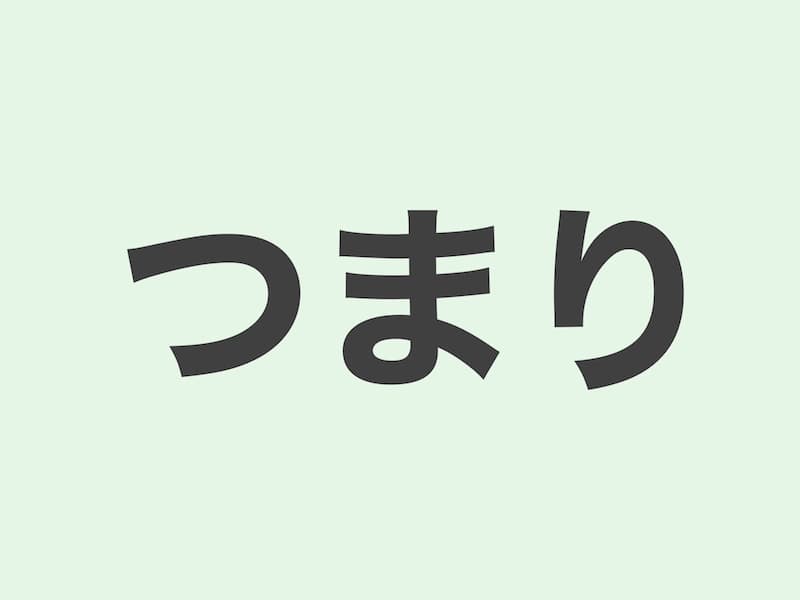説明 (Explanation)
文法(Grammar):A。つまり、B。
意味 (Meaning):AとBの関係を説明する際に使われる表現です。「言い換えると」「要するに」といった意味。
英語(English):“つまり” means “in other words” or “that is to say.” It’s used to restate or summarize something in a clearer way. It’s similar to “which means.”
JLPT Textbook Recommendations
例文 (Examples)
- もうすぐ試験だ。つまり、今は勉強に集中しなければならない。
- 母の妹、つまり、私のおばは東京に住んでいる。
- 新しいプロジェクトが始まる。つまり、新しいチームメンバーが必要だ。
- 結婚式が近づいている。つまり、招待状を送る準備が必要だ。
ひらなが (Hiragana)
- もうすぐしけんだ。つまり、いまはべんきょうにしゅうちゅうしなければならない。
- ははのいもうと、つまり、わたしのおばはとうきょうにすんでいる。
- あたらしいプロジェクトがはじまる。つまり、あたらしいチームメンバーがひつようだ。
- けっこんしきがちかづいている。つまり、しょうたいじょうをおくるじゅんびがひつようだ
英語翻訳 (English Translation)
- The exam is coming up soon. In other words, now is the time to concentrate on studying.
- My mother’s younger sister, or in other words, my aunt, lives in Tokyo.
- A new project is starting. In other words, we need new team members.
- The wedding is approaching. In other words, it’s necessary to prepare and send out invitations.





コメント